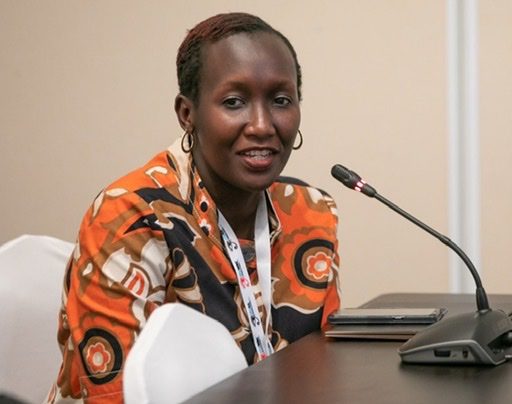Uganda’s mobile telecommunications companies have recorded minimal negative impact arising from the effects of the COVID-19 lockdown.
A new report released by the sector regulator Uganda Communications Commission, Telecoms suffered a 7 percent drop in revenue during the second quarter of 2020 (March to June).
The UCC report indicates that telecoms revenue fell from slightly above one trillion recorded in the first quarter January-March to 975 billion shillings in the second quarter April to June.
But UCC observed that this was nonetheless not too bad a performance considering trends across the economy and even within the sector globally.
UCC reports that although there was a reduction bin subscriber numbers from 28 to 25 million, this was compensated by an increase in internet users.
Despite the harsh economic environment, 100,000 new internet users were registered between March to June. This was a major fall from the historic highs of one million new internet users that were registered in Jan to March.
In fact, UCC attributes the high number of internet subscribers to the early effects of the lockdown that forced employer’s to urge workers to work from home.
Although the government introduced a total lockdown of the economy on March 20, social distancing measures and transport restrictions had already started to take root.
The 11% drop in mobile subscribers, was further attributed to the closure of retail shops, trade restrictions that prevented importation of new handsets.
“This remains noteworthy growth in light of the general contraction in mobile subscriptions and devices,” observed the report, which is based on licensees’ submissions.
The report also highlights the resilience of mobile financial services after 500,000 customers registered for mobile money services at the height of the COVID-19 pandemic.
“At the end of June 2020, the number of registered mobile money accounts had grown to 25.9 million accounts, up from 25.5 million at the end of March 2020, this growth translated into a quarter on quarter growth of 2% despite a drop in mobile subscriptions of 11% between March and June 2020,” the report further indicates.
The market performance report attributes this growth amid lockdown to the revision of mobile money transfer rates instituted by the leading mobile service providers.
In March, MTN Uganda and Airtel Uganda implemented a zero charge on person-to-person transactions on the same network. This offer was later revised to a 50% discount on pre-COVID-19 rates.
Mobile money growth between April and June 2020 is also attributed to the increased e-commerce precipitated by limited mobility during COVID-19 lockdown.
There was also 7% growth for OTT subscriptions, which increased by 700,000 cellular users, from 10.6 million users in March 2020. This refers to users who accessed OTT services (such as Facebook, WhatsApp, Twitter and Zoom) at least once in the month of June 2020.
On the other hand, postal and courier services were among the worst-hit sectors as mail, and parcel volumes dropped both domestically and internationally, the report states, the industry also registered slower delivery and higher delivery expenses.
“In Uganda, international mail and parcels reported the highest drops in volume in the month of April, and mail volumes as a whole contracted by 57% between quarter one of 2020 (January – March) compared to d quarter 2 of 20 (April – June). The market averaged 56,895 mail volumes processed per month during the quarter, compared with 133,289 in 1Q20,” says the report.
The online growth was also witnessed due to a surge in businesses to business transactions.
In the pay-TV segment, total active subscribers dropped from 1.58 million in the previous quarter to 1.56 million in the quarter under review, representing a market contraction of 2%.
The Commission attributes the 2% drop to the suspension of sports activities due to COVID-19 restrictions.








